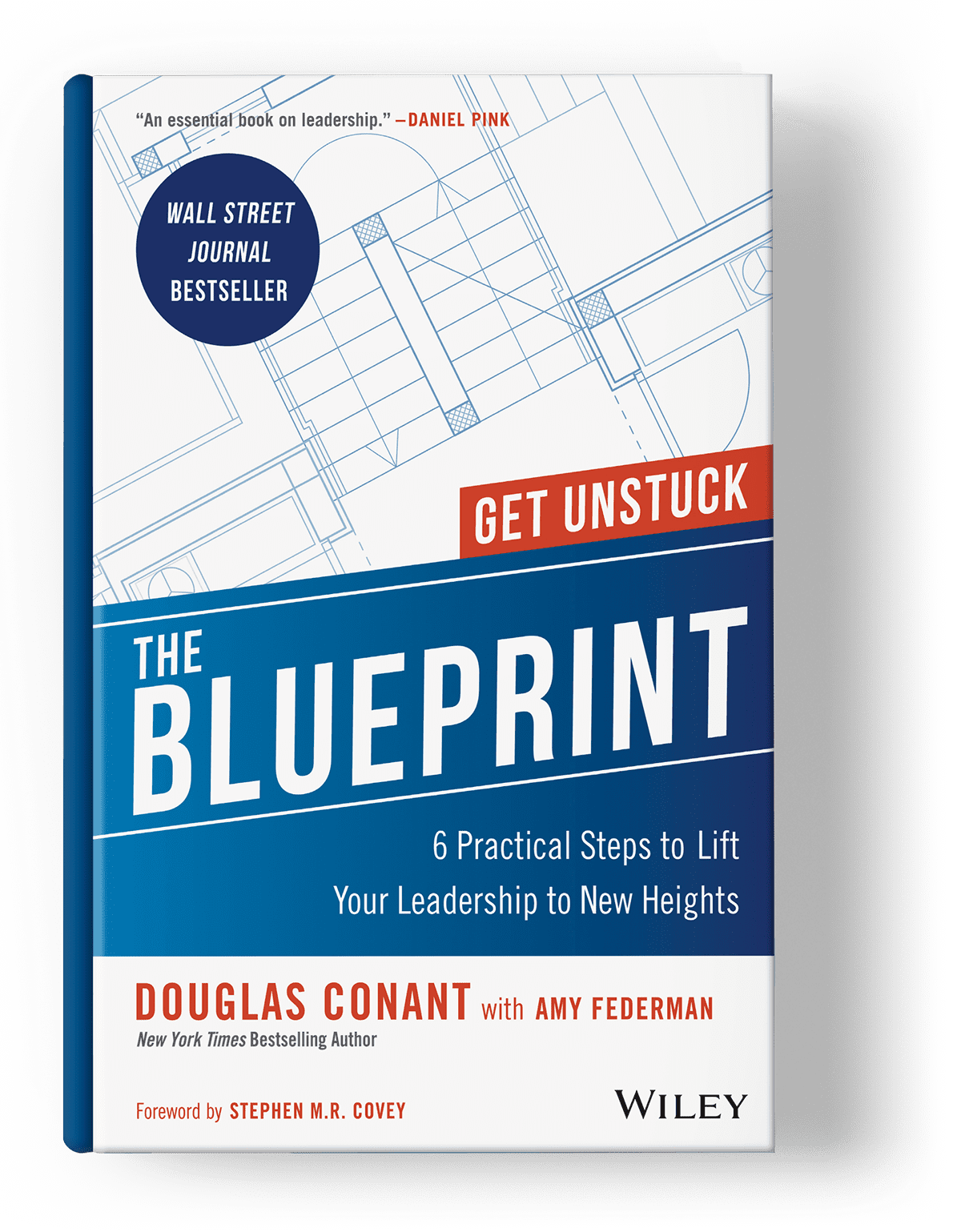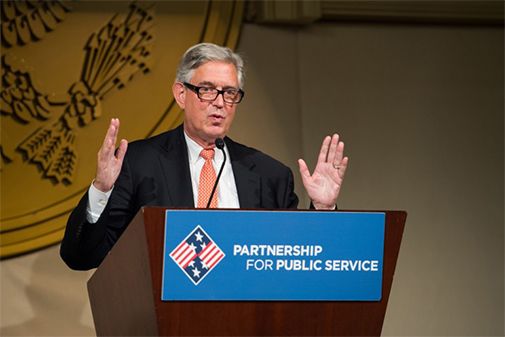4 Powerful Ways to Value People Beyond Saying “Thank You”
Research shows that highly engaged employees are 50% more likely to exceed expectations at work. The same research finds companies with higher engagement levels outperform those with low engagement “by 54% in employee retention, by 89% in customer satisfaction, and by fourfold in revenue growth.” Companies with engaged employees simply do better. So, how do we grow the engagement necessary to build a high-performance enterprise? We must value people for their work. Not gratuitously. But when a job is well done, we need to recognize that effort in earnest. High-performing contributors need to feel appreciated for the exemplary work they do — and those who feel recognized are more likely to become or remain engaged in their roles. But, while meaningful recognition for good work is integral to building an engaged culture of high-performers, it’s not enough. There are many other important leadership behaviors we can cultivate to show people that their work is valued. Consider these 4 powerful ways to make people feel exceptionally valued that go beyond just saying, “thank you.”
1. Declare Yourself.
If you want people to know you are serious about valuing them for excellent work, publicly declare your intention to do so. If you say it loudly and proudly, people know that you mean business and that you expect to be held accountable to your pledge. Use clear language so the meaning is unmistakable. As CEO of Campbell Soup, Doug developed The Campbell Promise, which simply stated: Campbell Valuing People, People Valuing Campbell. Campbell’s leadership worked tirelessly to fulfill this promise — and the results were unprecedented employee engagement levels and cumulative shareholder returns in the top tier of the global food industry.
2. Listen Exquisitely.
It is well known that effective listening is crucial to leadership, and it is one of the most compelling ways to let others know their work and opinions are valued. But so few people get it right. That’s because it takes meaningful practice and focus to connect with others, detect nuances, and determine what kind of help is needed to push performance ever-higher. Listening is not a passive exercise. It is an active endeavor that requires your careful concentration and best efforts. (tweet this) When you master being truly present in an interaction, you can become an “aerobic listener.” This means that even though you aren’t speaking, you are fully engaged, inhabiting the moment and paying attention to the other party with sharp focus — going so far as to listen for subtext and what isn’t being said.
Remember, giving the other person the space to be heard does not mean you have to be complacent or docile. Dig deep. Be radically curious. Ask for the evidence and take the time you need to fully grasp the issue and move things forward. Be so exquisitely attuned to the other party that you are able to easily summarize what they said afterwards in just a few words. Then ask, “did I get that right?” Star performers will be heartened to know that you are engaged in the conversation, glad to know you truly value their input, and grateful that you are capable of advancing the issue productively because you listened carefully.
It takes meaningful practice and focus to connect with others.
3. Be Available.
A recent Harvard Business Review article found that employees value the feeling of being respected by their leaders more than anything else — even more than explicit recognition, inspired vision, or learning and development. Respect is a powerful way to build the engagement that leads to high performance. The best way to convey respect is to honor people with your time and attention. (tweet) The next time someone “interrupts” you in the hall or knocks on your office door, remember that this is your chance to really show up for them. One of the most profound and enduring lessons we’ve learned about leadership is that the countless little moments we are inclined to interpret as “interruptions” aren’t keeping us from the work, they are the work. Instead of avoiding these interactions, lean in to your leadership and ask “How can I help?” This sends the message that you have their back, that you value their time as much as your own, and that you are ready and willing to roll up your sleeves and help them fight the good fight for the enterprise.
4. Raise the Bar.
Leadership is hard. We must continually push ourselves to do better for all our stakeholders. Just as we must challenge ourselves to transcend the ordinary and reach for excellence — so too must we ask the same of our colleagues, employees, and peers. We owe it to people to respectfully set high standards and hold them accountable. Championing world-class standards is a bold way to value people; it denotes faith in their capacity for outstanding achievement, and trust in their commitment to follow through. It shows we believe, deeply, that they are up to the job and are able to meet or exceed expectations in a dynamic and challenging world. And, if we support the expectation with an earnest offer to help them contribute meaningfully, then we can begin to build enduring high-performance relationships that support organizational vitality.
When you’re the leader, people are remarkably aware of your actions and your tone.
At every step along your leadership journey, it’s helpful to ask yourself if you are making contributors feel meaningfully valued for their work. Are you striving to build the mutual respect that will grow performance in a sustainable way? When you’re the leader, people are remarkably aware of your actions and your tone. They notice if you never give them the time of day, don’t listen, or let mediocre performance slide; they remember how you make them feel, good or bad. So work to cultivate behaviors that they’ll remember positively: declare your intentions, lead with listening, offer to help, and set the standards ever-higher. When you consistently honor others with behaviors that make them feel valued, they will consistently honor you with their commitment, hard work, trust, and ever-better performance.
(Photo credit: Death to the Stock Photo under this license)

“Doug Conant is remarkable—and so is this work.“
– Stephen M. R. Covey
Author of The Speed of Trust

The Blueprint
6 Practical Steps to Lift Your Leadership to New Heights
By Douglas Conant with Amy Federman

Have Doug Speak at Your Event
Doug works collaboratively with event organizers to customize his material for each audience.



0 Comments